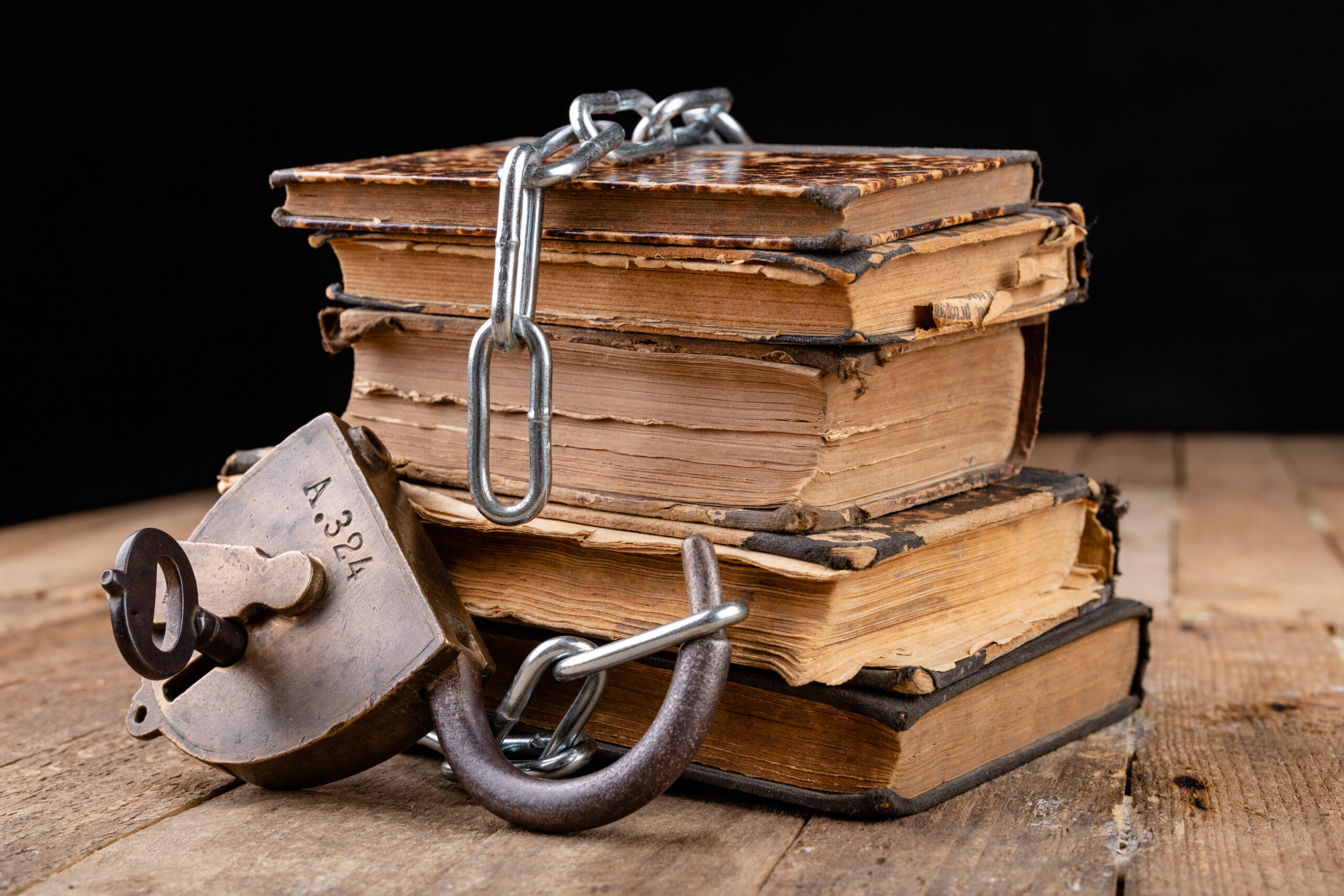There are multiple ways to kill a book or a story.
You can ban it after it’s published and popular – that’s the least effective, because in today’s world it just makes everyone want to know what was so terrible it got banned. Fortunes can be made on banned books, so it’s no wonder that every time the Podunk High School library in Outer Rumpus, Saskatchewan removes a single book from a shelf, its writer screeches throughout social media as if she were in physical pain.
You can ban it before it’s popular. That’s a little more effective; average or below-average books don’t stir the media.
You can change the text in the book to read differently from its original published form without the author’s approval*. This is called bowdlerization. When I was in college, this process was scorned as an insult and abomination to literature, but today an entire industry of “sensitivity readers” has sprung up around it. This is an insidious form of story killing that destroys the meaning or impact of a story without killing the story itself – in effect zombifying it. At its worst, the bowdlerizer gets to wear the original story’s skin, making it mean whatever he or she wishes.
*It has been common practice for books to change between editions because the WRITER wanted to make changes – even J.R.R. Tolkien changed The Hobbit significantly between its first and second editions to make it blend better with the subsequent Lord of the Rings trilogy.
You can ban it before it’s PUBLISHED. This is quite effective, but publishers like Skyhorse and, well, us have found it to be quite lucrative to publish books that have been nurtured to the point of publication and then canceled because of politics or cultural content.
Last, and most insidious of all in my opinion, you can keep the writer from ever writing or sharing the story at all. This, alas, has been the consequence of numerous writing programs. Every conservative with a serious yen to write has joined a workshop or taken a class in creative writing, and every single one came away realizing that the writing industry, beginning to end and unto its smallest and least important components, is supermajority liberal.
And that writer, more often than should, is silenced. He knows that he’s the wrong sex and color and nationality and religion to spark interest in the editors at the Bigs (the big four or five or six ever-combining publishing conglomerates). To hell with his talent, the quality of his story, the sincerity with which it is written – it’s not his “turn”, whatever that means.
The Bigs have a serious problem, and it’s in their hiring streams. They, like anyone else, want people with experience in their field, and, like anyone else, they don’t want to pay a lot of money for those people. They are also located almost exclusively in New York City, not a great place for low-income people to have a decent quality of life. So the people they hire typically come from one of two places: the liberal arts colleges and universities with strong creative writing programs (and by “strong” I mean popular) or the young women (primarily – men tend to choose more lucrative fields) who intern with them for summers or a semester.
Liberal arts colleges are – we all know by now – likely to turn out people of a certain political mindset. Let’s set that aside. Internships in New York City are either unpaid or underpaid; the interns are on their own finding living accommodations; and they also are generally provided by those liberal arts colleges. It is EXPENSIVE to intern at a publishing company, and it’s not the kind of expense financial aid pays for. That means those interns generally come from upper-middle-class families, and those families are primarily white (like men, children from immigrant families and people of color who have that kind of money tend to choose more lucrative fields of study.)
Look at the editor page of any major publisher. Nearly every face is white, female, and, for lack of a better word, WASP-y. Professional agents, who more often than not have a professional editing background, are the same.
This does a lot of things to influence what publishers bring to market, but it does not create a friendly field for the 50% or more of Americans who have right-wing or culturally conservative or even masculine perspectives. That means that today, those stories, those perspectives, and that enormous cultural segment of America is systematically silenced, so far as the mass media is concerned.
So on the one hand, a handful of books are being banned FROM SCHOOL LIBRARIES (you can still get them online, in bookstores, and in adult public libraries) for having inappropriate content for children of certain ages.
On the other hand, half or more of America is being robbed of their voices thanks to an industry wired from top to bottom to be a barrier.
Which of these is the most egregious sin?
